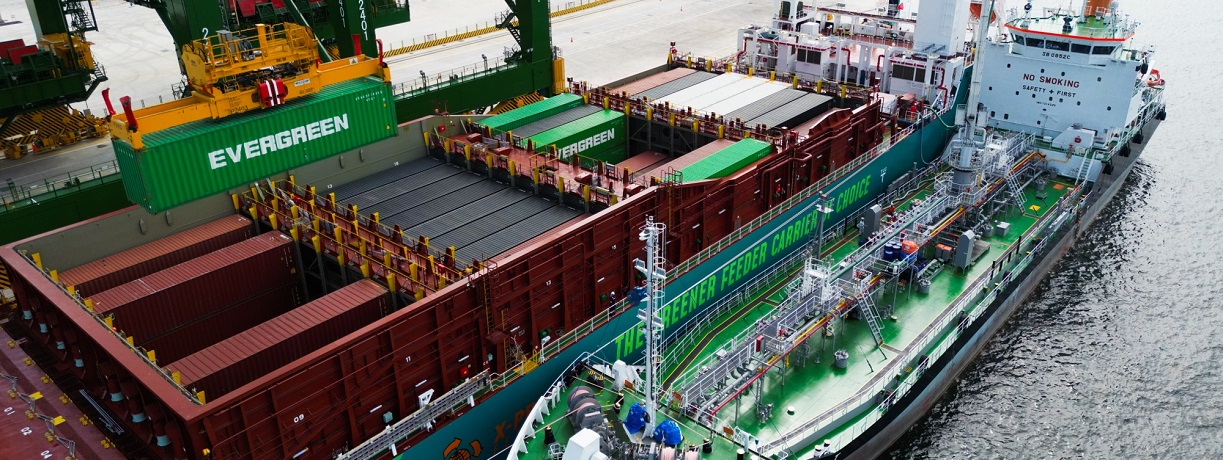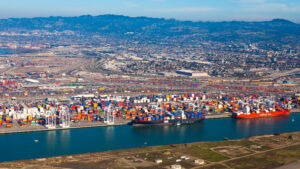All bunker suppliers at Singapore will be required to provide digital bunkering services and issue electronic bunker delivery notes (e-BDNs) as a default starting April 1, 2025, Dr Amy Khor, senior minister of state for the ministry of sustainability and the environment and the ministry of transport said at the 23rd Singapore International Bunkering Conference (SIBCON), organised by the Maritime and Port Authority of Singapore (MPA).
“This will boost efficiency and transparency during the bunkering process in Singapore, and is expected to help the industry save close to 40,000 man-days annually,” Khor said.
The event held from 8 to 10 October is expected to be attended by more than 2000 maritime professionals from 38 countries.
This announcement follows successful pilots conducted since 1 November 2023 with bunker suppliers, including the top 10 bunker players, in Singapore.
Singapore will be the first port globally to implement digital bunkering at scale for all bunkering operations, according to MPA.
“The digital bunkering process allows for efficient data sharing between bunker buyers and suppliers, which will help expedite administrative processes, improve accountability, ensure compliance with regulations, reduce the potential for errors, and support early detection of fraudulent activities,” the Maritime and Port Authority of Singapore (MPA) stated in a release yesterday.
In the first eight months of 2024, Singapore saw strong growth of approximately 7% in total bunker sales over the same period last year, reaching over 36 million tonnes. Biofuels and liquefied natural gas bunker sales surpassed 700,00 metric tonnes.
The Port of Singapore also conducted successful ship-to-containership and simultaneous container operations and bunkering operations for methanol, and terminal-to-ship bunkering of ammonia.
Meanwhile, MPA has been working with industry and its unions to review rules and reduce business costs.
In a related effort and after careful study, MPA will reduce the frequency for the verification of mass flow meters (MFM) from twice to once a year from 1 April 2025 in line with the updated SS648:2024 standards.
In accordance with MPA, this is expected to save the industry approximately $300,000 a year.



